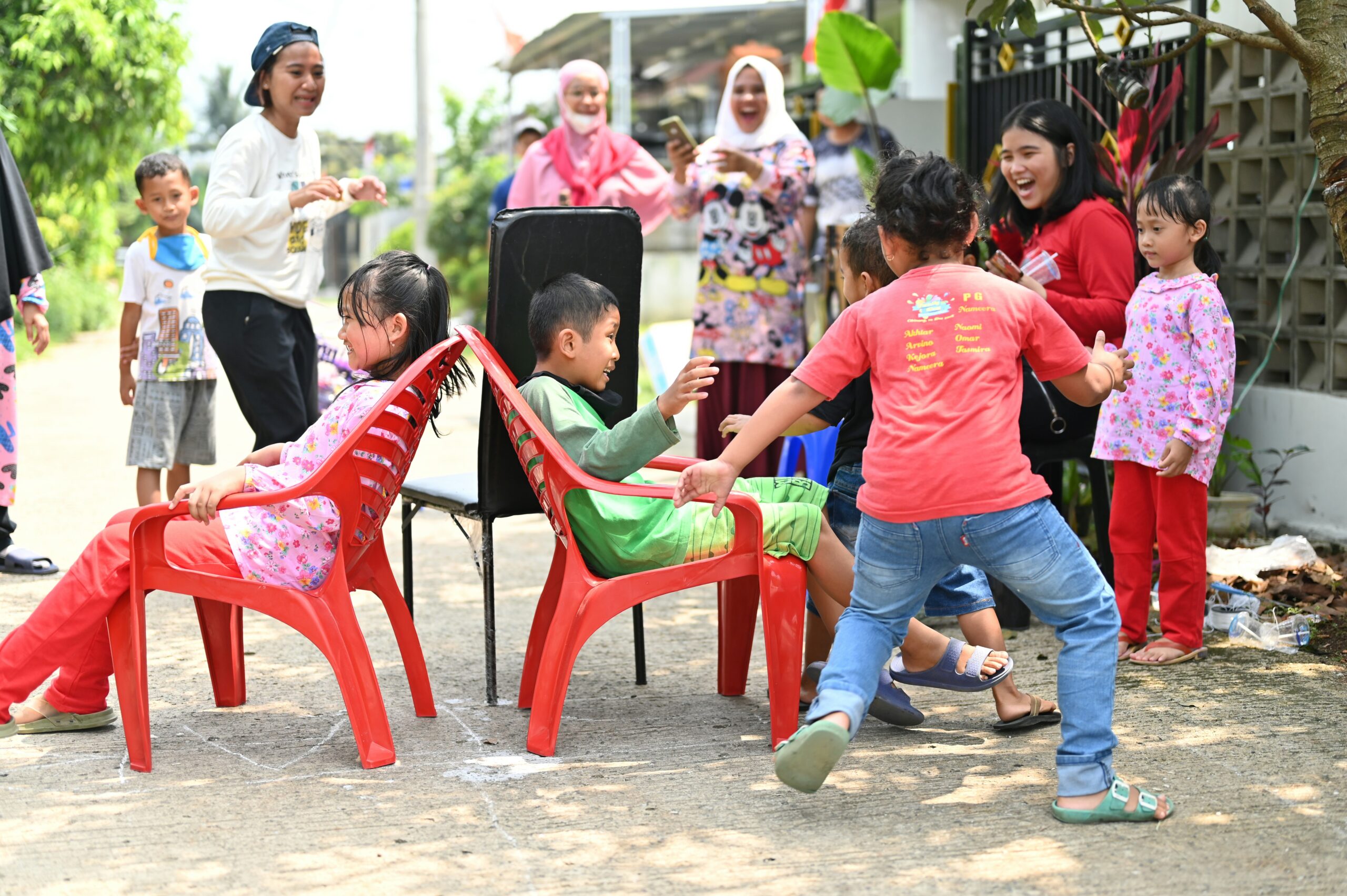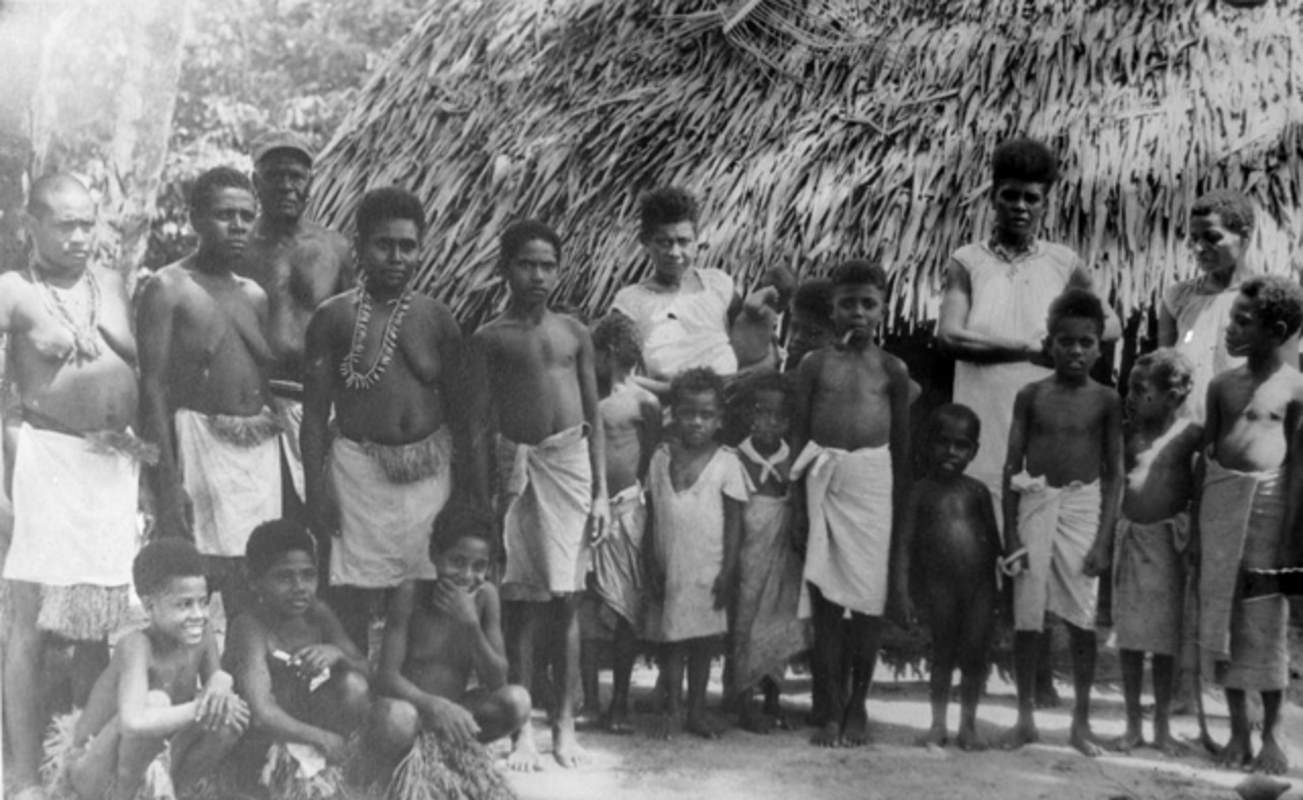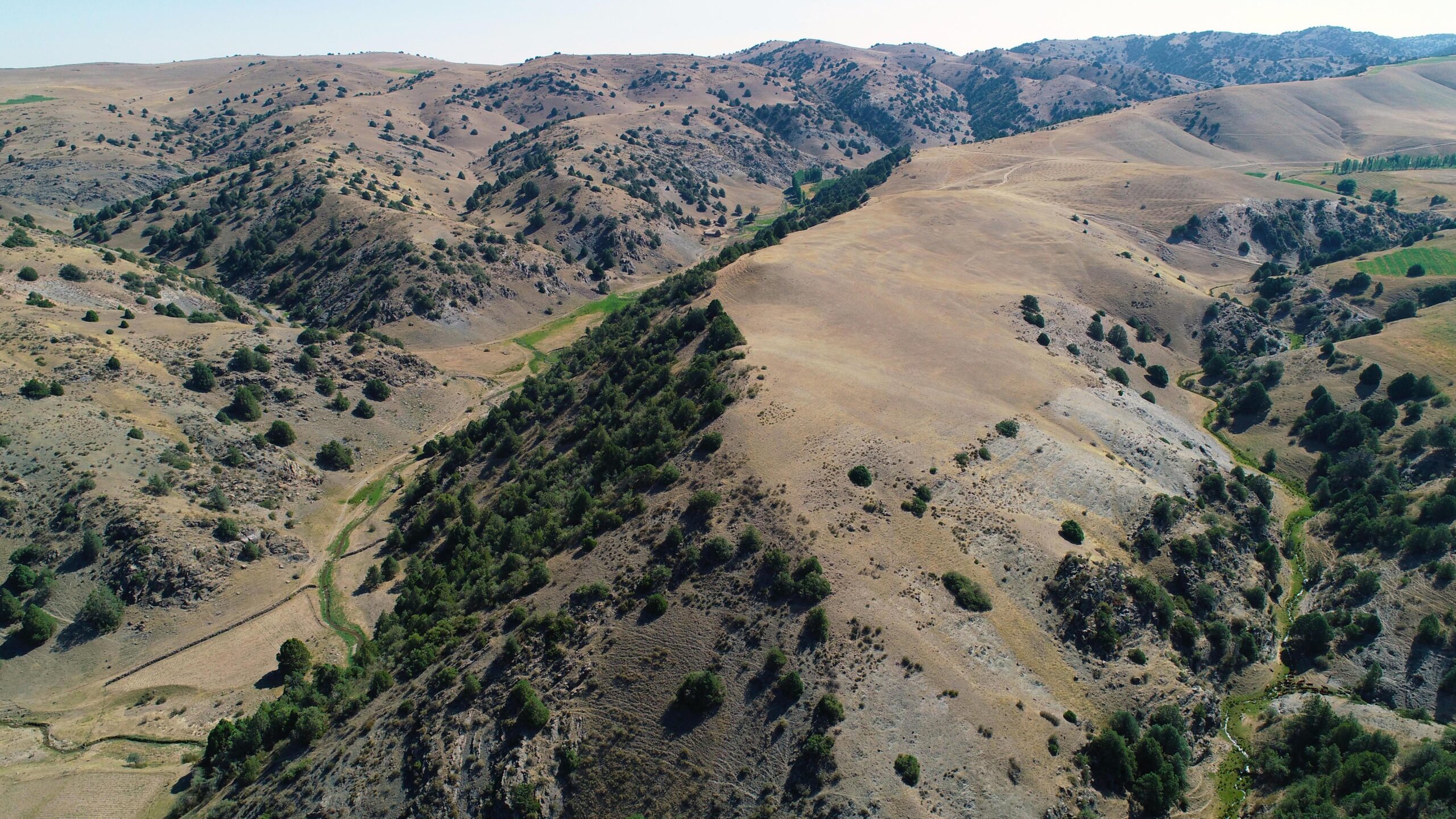PICTURED: An aerial view of Kemune Palace from the west, near the Tigris River in Iraq. PC: Universities of Freiburg and Tübingen, Kurdistan Archeology Organization. Released.
In 2018, at the mercy of the worst drought in decades, the utilization of some water from a Tigris river reservoir in the Kurdistan Region of Iraq led to the opportunity to explore and study a 3,400 year-old city as it appeared on the banks of the receding reservoir.
Immediately captivating, the city was surrounded in 22 foot-high walls enclosing a central palace, all in an excellent state of preservation. Emergency funding from the Fritz Thyssen Foundation and the Gerda Henkel Foundation, obtained by a German-Kurdish archeology team, allowed for several years of study and excavations, as well as the resources to properly protect the city once water levels returned to normal.
Questions like which city was this in antiquity, who lived in it, what was it for, and how was it destroyed, were all able to be answered during the excavations, the results of which are coming to light now after a report was published from the universities of Tübingen/Freiburg and the Kurdistan Archeology Organization.
Within a short time, the researchers succeeded in largely mapping the city. In addition to a palace, which had already been documented during a short campaign in 2018, several other large buildings were uncovered, including a massive fortification with wall and towers, a monumental, multi-story storage building and an industrial complex.
The city belonged to Mittani (15th – 13th BCE), a kingdom from between the Tigris and Euphrates rivers that was north of Babylon, and east of the Hittites. Today, the territory would have spanned between Iraq and Syria, and during the empire’s greatest reach, included parts of modern-day Iran as well.
With respect to its contemporaries, less is known about Mittani. They were a Hurrian-speaking people, a language group that became prominent in the region in concert with the rise of Mittani power, and which declined the same way—after the Assyrians conquered them and imposed an Aramaic language.
PICTURED: Archaeologists and workers excavate the walls of a large building in the ancient city, which is interpreted as a storage building from the time of the Mittani Empire. PC: Universities of Freiburg and Tübingen, Kurdistan Archeology Organization. Released.
Zakhiku-on-Tigris
The research team believes the city to be one from history known as Zakhiku, based on names contained in recovered tablets, and they were stunned at how well the city was preserved. Owing to unique circumstances, an earthquake would have toppled the upper part of the imposing 22 feet-high and six feet-thick walls.
The collapsing mud-brick defenses buried much of the buildings within, protecting them from wind, rain, and the eventually flooding. Such was the state of preservation that inside the palace were the remains of vivid red and blue murals along the walls.
Dr. Hasan Qasim, from the Kurdistan Archeology Organization, called Zakhiku “one of the most important archaeological discoveries in the region in recent decades”.
Furthermore, and described as “close to a miracle,” the team found 5 ceramic vessels in the large storage center which contained more than 100 clay tablets of Hurrian cuneiform writing, which they hope will include personal correspondences that can shed light on what life in the magnificent city would have been like.
PICTURED: After the research team has completed their work, the excavation is covered extensively with plastic foil to protect it from the rising waters of the Mosul reservoir. PC: Universities of Freiburg and Tübingen, Kurdistan Archeology Organization. Released.
Once all major projects were finished, the team covered the entire site in loose gravel filling, and tightly fit a large plastic sheet over it, which will hopefully go a long way to protecting any more finds among the ruins from the returning waters which have now completely submerged it once again.




